|
The only way I know how to do anything is through trial and error, which basically means doing it poor several times and learning from each mistake.
So, I want to learn to effectively turn my written stories into videos and podcasts. I made my first attempt here. I'll get better. https://www.youtube.com/watch?v=rzlzQZaGinA&t=8s
0 Comments
As always, Atkinson brings a mysterious, eerie beauty to her music with "No Part of Me Ever Dies." She told me what the song was about. You can read about it at Even More Mysterious Than Before. I recently went on a very long hike looking for the ghost town of Melmont, Washington. It was a great example of building things up too much in the imagination.
The town wasn't nearly as ghostly or as dramatic as I'd envisioned it would be. The trail was great, though. I wrote about it over at my travel blog, Northwest Nomad: http://nwestnomad.com/uncategorized/where-the-heck-is-melmont-ghost-town-anyway/ I'm experimenting with publishing a novel chapter by chapter on the Medium platform.
With publishing changing so quickly, I want to see what happens when I fully embrace the digital evolution and build an audience chapter by chapter with the project coming to completion as readers follow along. Check it out. Chapter 1: ClayClay made it halfway to the woods before floodlights snapped on and bathed him in light. He pushed himself into a dead sprint without wasting one second looking back. His head reeled from dehydration and starvation, but the memory of his mother’s face drove him onward. He would not die out there in the wilderness and leave her forever wondering what happened to her vanished son. Not without a fight, anyway. He’d just reached the cover of trees when a woman’s voice called over a bullhorn. “There’s no place for you to run, Clayton. Come back. We can talk this out.” He recognized the voice as Karen’s — his supposed friend, supposed sister. “If we have to go after you, talking will no longer be an option. Nobody wants that.” Contined at: https://medium.com/@jeffsuwak/evidence-of-absence-8cb829189d8e And it's the weirdest one yet: https://medium.com/the-slocums-hollow-gazette/jacob-ransom-to-build-new-masonic-temple-on-indian-burial-ground-bc4487fe855a
Debbie was five minutes into the job interview when the prick-of-a-restaurant-manager’s mustache winked at her. Impossible, of course, but it happened just the same.
She’d asked the prick-of-a-restaurant-manager if there were any open waitress positions and he’d answered, “Well, that depends on what positions you’re willing to get into,” and then his mustache winked. So help me God, Debbie thought, the fucking thing winked. Ron, the aforementioned prick with the aforementioned mustache, noticed her looking at his whiskers. He leaned back in his chair, took a comb out of his breast pocket, and ran it five times through each side — five times exactly. Then he slipped the comb back into his pocket and puckered his lips to give the mustache a better platform. It was enormous — biggest mustache Debbie had ever seen. “What position did you have in mind?” Debbie asked, disbelieving the words even as they came out of her mouth. The great Dynamite Deb, who’d spent half of her life getting the upper hand on the best chauvinist assholes in the business, now being played by a goddamn amateur. What a son of a bitch life is, she thought. What a bastard. Continued: https://medium.com/@jeffsuwak/the-dancer-versus-the-mustache-cfb96ddba019 Straight Haight '67 is a passion project of mine, combining all of my weirdest interests and fringest (yep, just made that up) fascinations. Part of that project is a song titled "Hey There Dreamy Girl."
I published the lyrics and an intro bit to the song here. Now, I'm excited to say, the lyrics have been made into an actual song: https://soundcloud.com/user-162691940/dreamy-girl-v32 Check it out. It's a great tune. Creepy. Grim foreboding of things to come. The Summer of Love, it turns out, is creepy as hell. Washington State parks reopened for hiking on May 5, 2020. Two days later I grabbed my trusty Discover Pass and headed for Mount Si in North Bend, Washington.
I kick off every hiking season with a trek up Mount Si and have had many memorable climbs there, including the time I saw a guy carry a tuba all the way to the top. This year’s trip was unique, though, and I suspect I’ll never forget it. It came in the midst of the COVID-19 pandemic and was the first time I’d gotten out of house (other to walk down the street or grocery shop) in months. Continued here. "J.C. Hibbing, Queen of Northlands Folk, skipped up to Process Dawn Records strumming her guitar and whistling a tune-in-the-making titled “Love the Love and Live.” The long, auburn tresses bouncing up and down on her shoulders went suddenly still when she stopped before her destination (temple of musical destiny), looked up and took the sight in.
It was vaguely disappointing, honestly. Rather cold and businesslike. Indistinguishable from any of the other offices around. Process Dawn Records didn’t even have a sign, if you could believe that. What else had she expected from the place that would produce her first album? She didn’t know, really. Something like a golden monolith bathed in flowers, probably." Continued here. My short story "The Mandala Doors of Hafsmamn Syniad" has been published in the most recent issue of Stupefying Stories.
The publisher tells me that the hard copy is on the way. In the meantime, it's out in digital format on Amazon. |

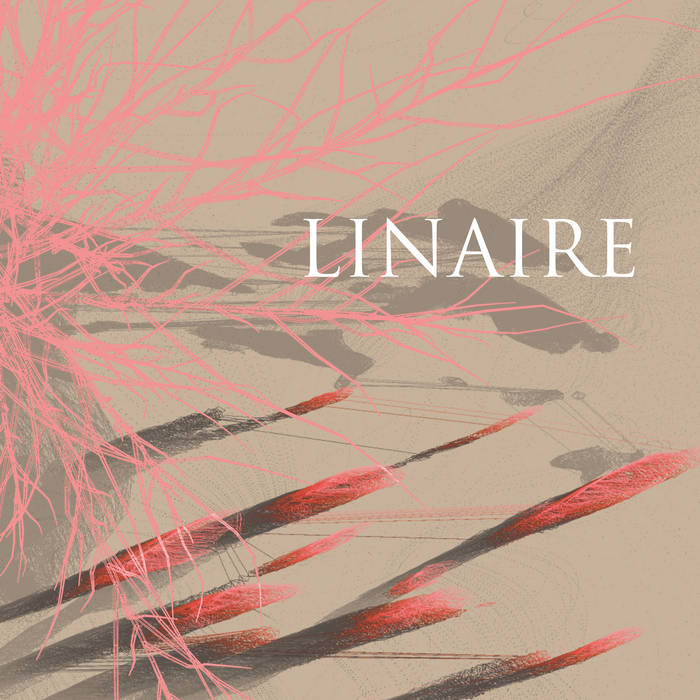
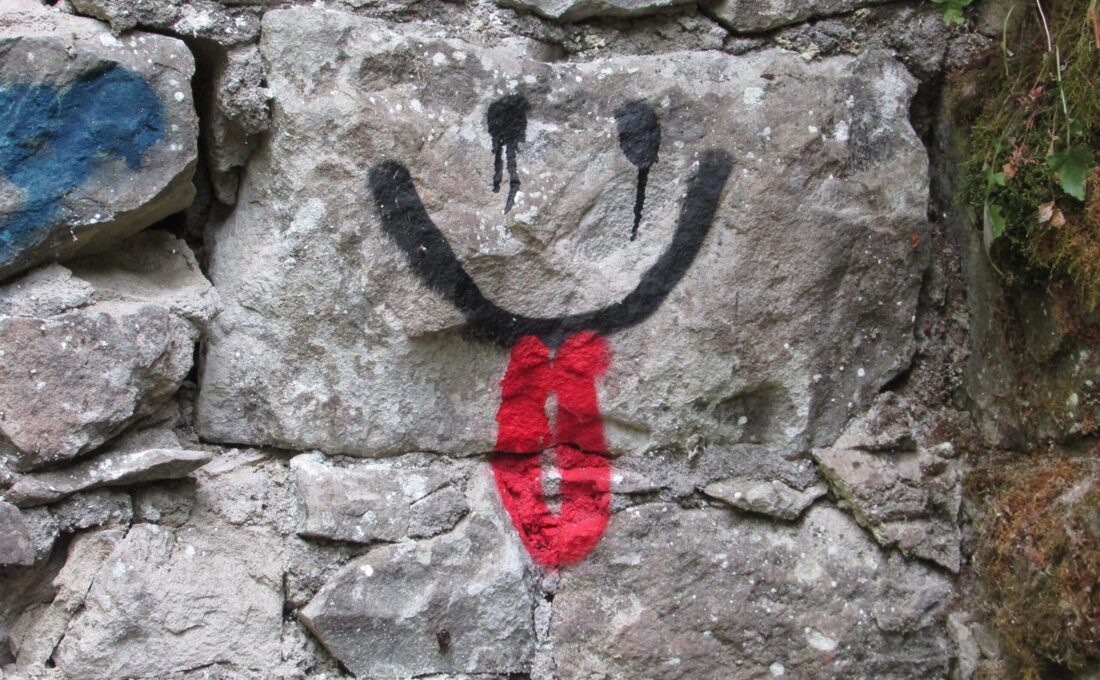
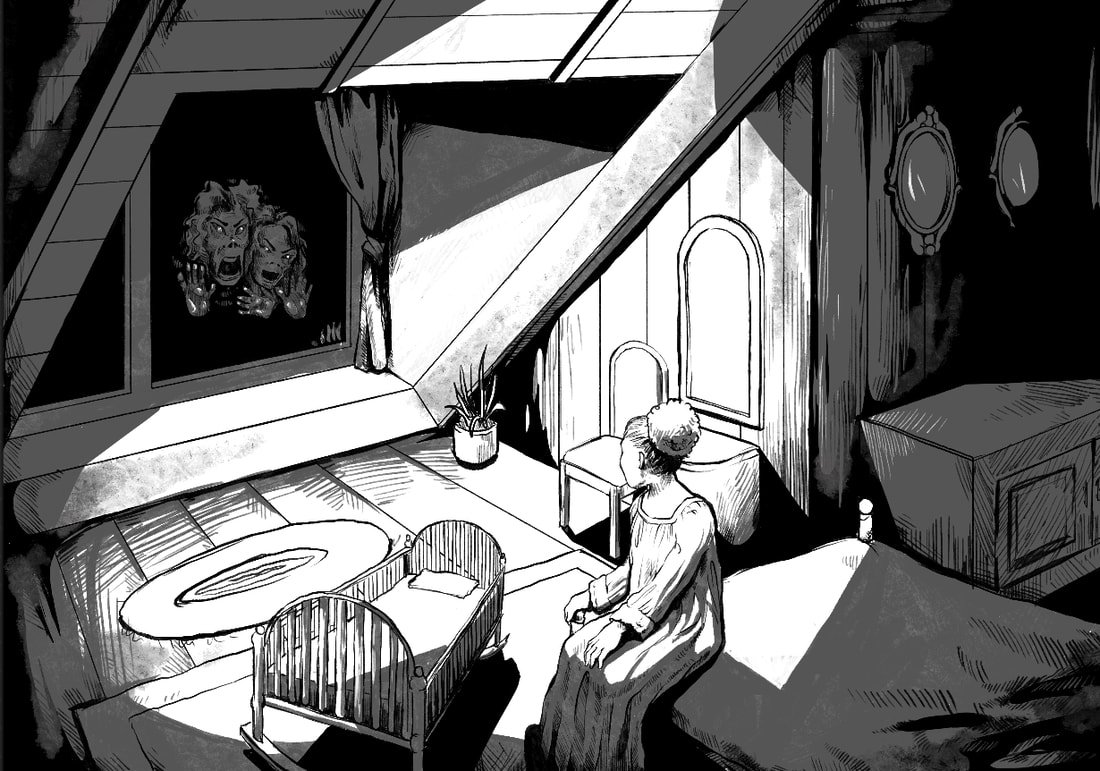
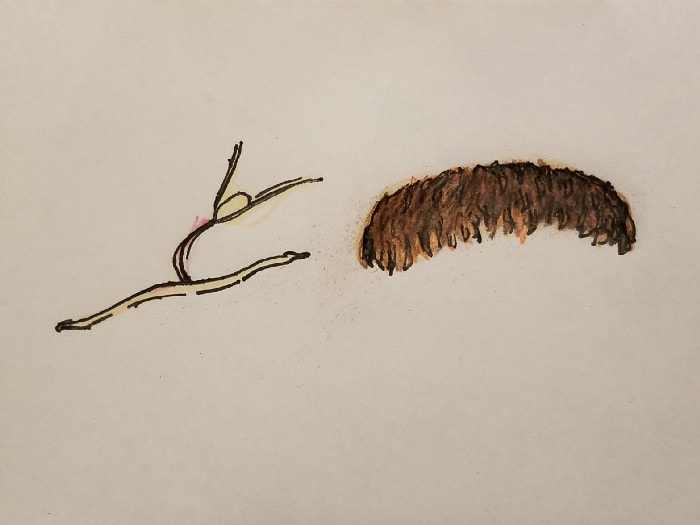
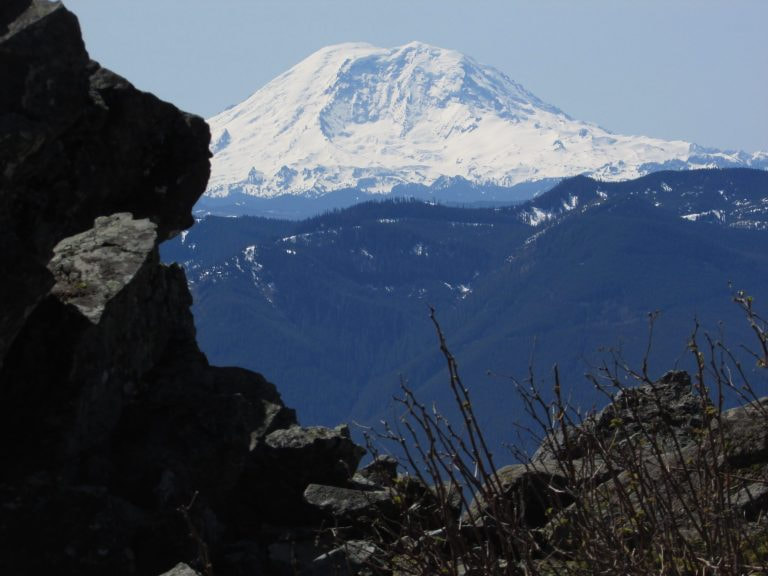
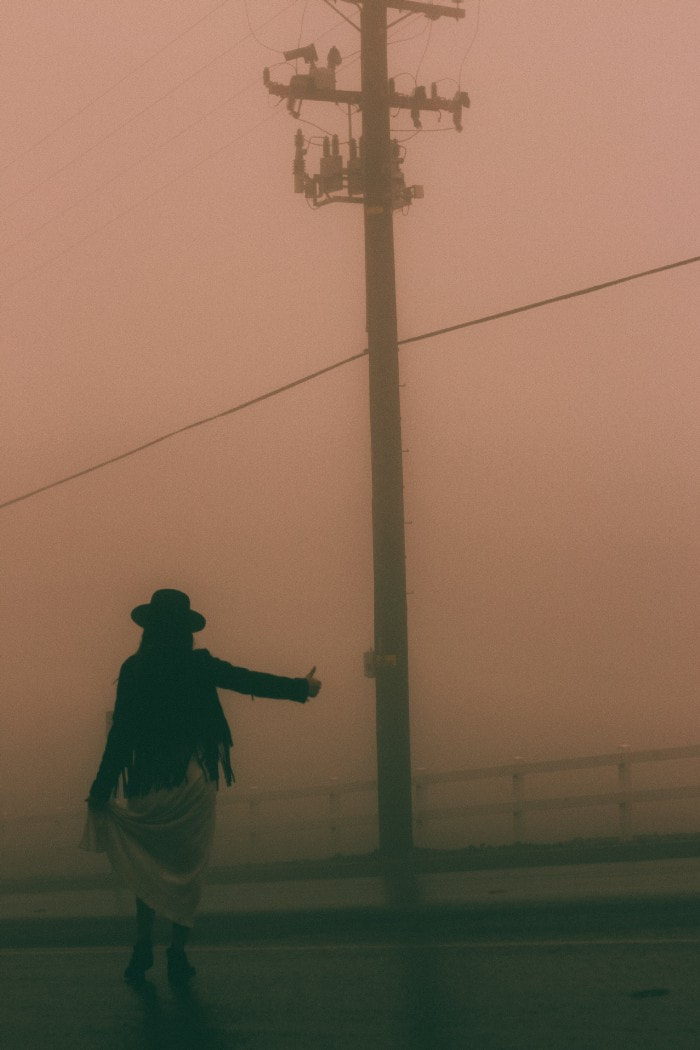
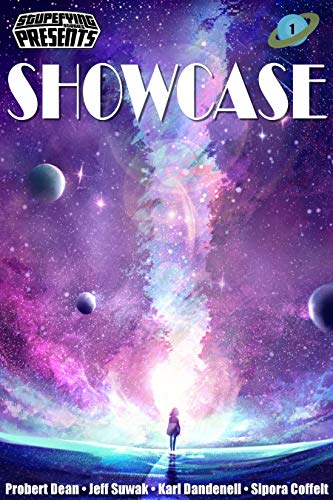
 RSS Feed
RSS Feed
